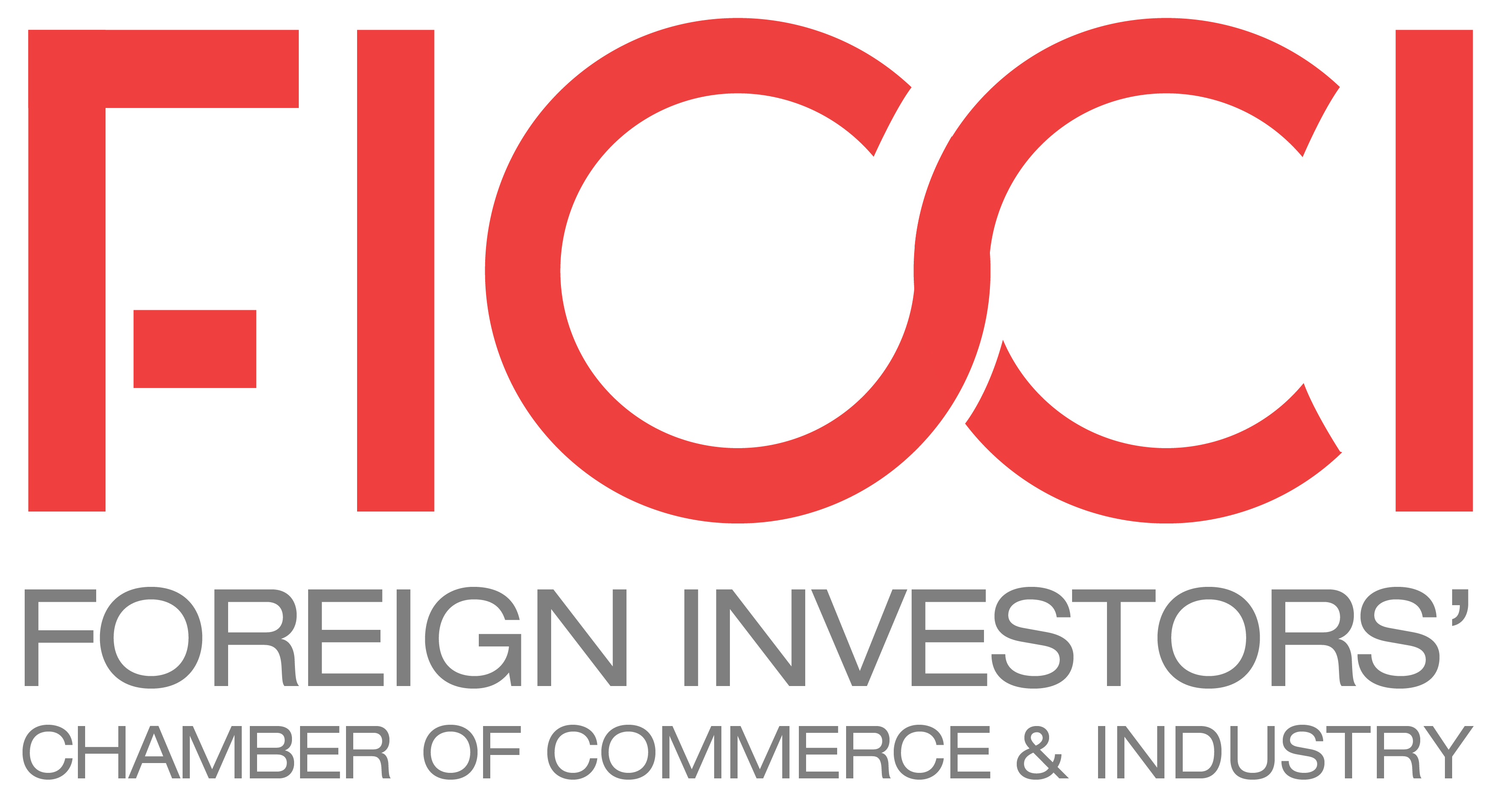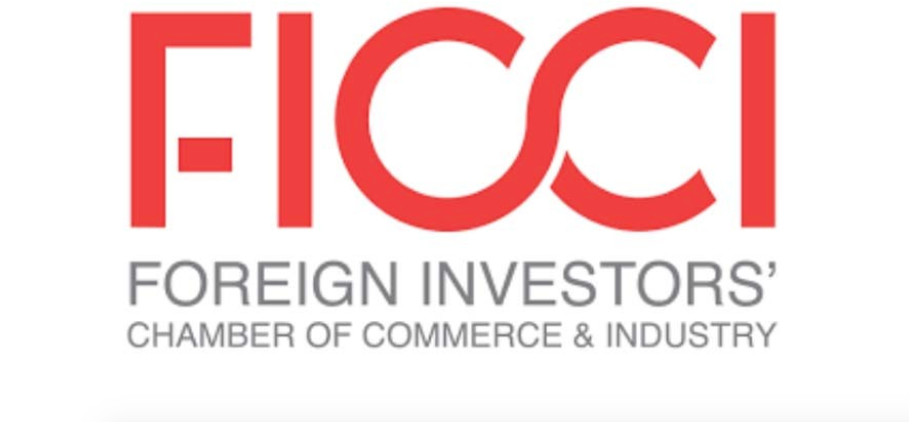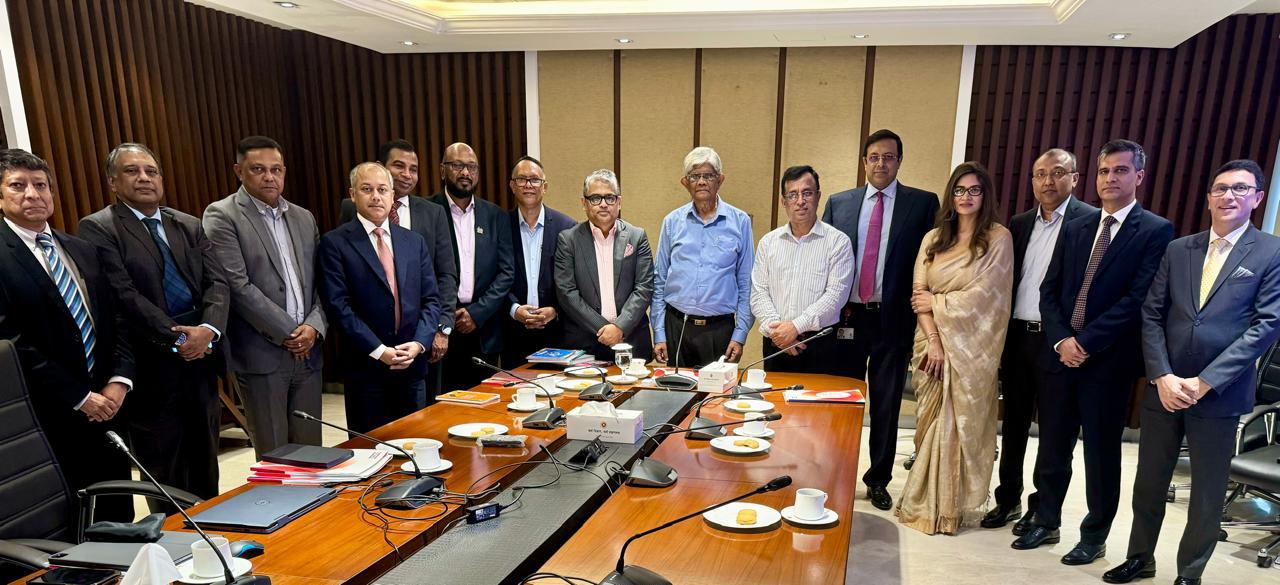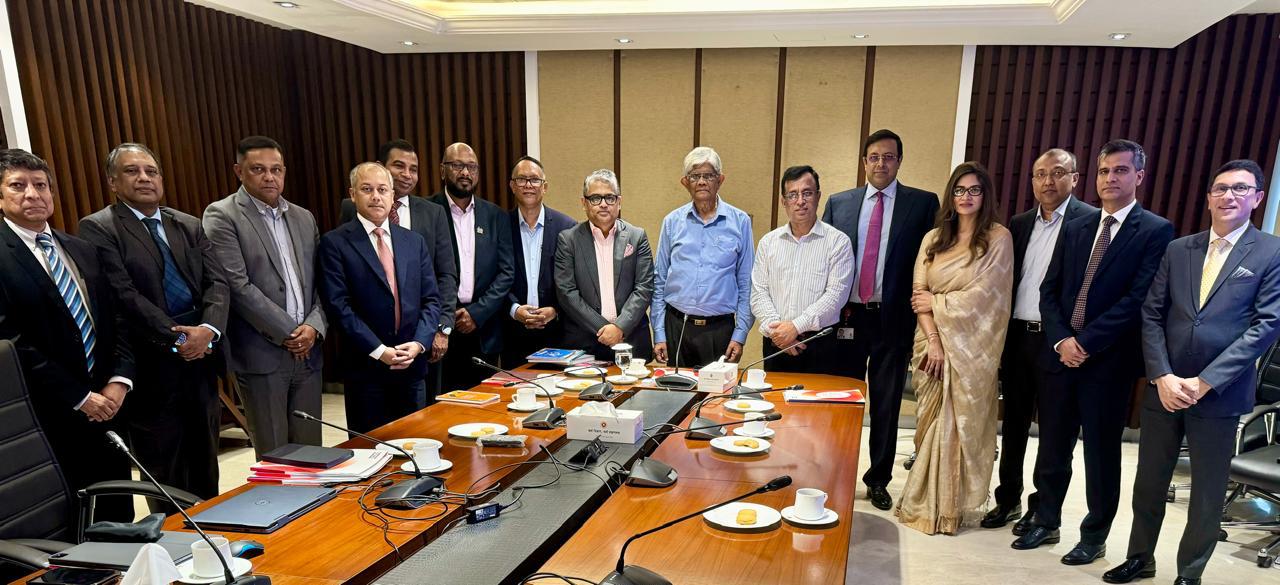The Foreign Investors' Chamber of Commerce and Industry (FICCI) yesterday expressed concerns over a provision in the proposed national budget for fiscal year 2022-23 that would require companies to pay tax on their contributions towards the Workers' Profit Participation Fund (WPPF).
The measure would increase the income tax burden and similarly raise the effective tax rate on all companies as contributions towards the WPPF are statutory payments for the benefit of employees, which are paid from pre-tax profit as per the law, said the chamber.
However, it has been proposed to consider WPPF contributions as inadmissible expenses based on the idea that they are appropriations of profit after tax, such as dividends, according to FICCI.
"The benefits of a potentially business-friendly national budget could unravel unless some of the provisions are reversed," FICCI said while sharing its budget reaction at the Hotel Sheraton in Dhaka.
"Such an imposition is inconsistent with the tax-friendly environment the government has been trying to build over the years and a diversion from the current provisions of the Labour Act," it added.
To address the issue, FICCI recommended that allocations for the fund should be considered as permissible expenses under section 29 of the Income Tax Ordinance instead of inadmissible ones under section 30 as suggested in the proposed budget.
FICCI President Naser Ezaz Bijoy said the growth of multinational companies operating in Bangladesh could slow down if certain provisions, such as those regarding the WPPF, are included in the national budget as they may discourage both domestic and foreign investment.
"As per the Labour Act, an individual is required to pay tax on it for amounts exceeding Tk 50,000 but on the other hand, 10 per cent of 5 per cent of the net profit should be contributed to the government welfare fund," he said.
"So, imposing tax on WPPF contributions is basically taxing payments to the government."
He went on to say that the measure is identical to double taxation as both employees and employers would bear the burden.
"In addition, imposing this will create more challenges in the ease of doing business in Bangladesh." said Naser, also chief executive officer of Standard Chartered Bank.
FICCI also urged the government to bring changes to the conditions related to the corporate tax benefits unveiled in the proposed budget.
The government proposed cutting the corporate tax rate by 2.5 percentage points for listed and non-listed companies.
However, firms will have to conduct most of their transactions through banks and mobile financial services to avail the benefit. They also cannot spend or invest more than Tk 12 lakh using cash.
"The law should allow companies that collect at least 50 per cent of their proceeds through banking channels to avail the benefit while the ceiling could be gradually increased by 10 per cent from next year," it said.
Naser opposed the government's bid to offer unquestioned amnesty to legalise undisclosed offshore properties and funds.
"We disagree with the proposal from an ethical point of view," he said.
The FICCI president then said the measure is detrimental for compliance with tax laws as it will encourage tax evaders.
However, Naser lauded the government's decision to introduce a uniform corporate tax rate of 10 per cent.
"This will create a level-playing field for all exporters. Going forward, we will expect some more initiatives to diversify exports," he said.
Rupali Haque Chowdhury, former president of the FICCI, said the government should maintain policy consistency to attract more foreign investment, especially for new economic zones in the country.





